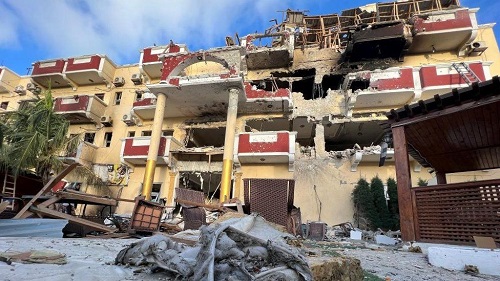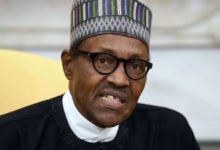
In an audacious appointment, Somalia’s new government has included a former al-Shabab militant, who once fought against the authorities, in the cabinet, but the weekend’s deadly hotel siege is a reminder of the tough task ahead for those in power.
When Somalia’s new President, Hassan Sheikh Mohamud, assumed office in May, he declared a top priority was bringing an end to the country’s 15-year Islamist insurgency.
Three months later, al-Shabab staged one of its most spectacular attacks ever, storming a hotel a short drive away from the presidential palace in the capital, Mogadishu.
They held it for 30 hours. Officials said more than 20 people died in the siege of the Hayat and 117 were injured.
Less than a month earlier, the group mounted an unprecedented invasion of neighbouring Ethiopia.
It was as if they were cocking a shook at the new president.
International diplomats have described the complex, coordinated attack as a “game-changer” that took at least 18 months to plan and involved an estimated 1,200 fighters.
The then-commander of US-Africa Command, General Stephen Townsend, said the militants penetrated 150km (93 miles) inside Ethiopia.
One reason why the group was able to stage this brazen assault was the increase in conflict in Ethiopia after years of general stability and growth.
Shortly after civil war erupted in the northern Tigray region in November 2020, a member of al-Shabab called me up.
“We are simply crossing our arms and enjoying the spectacle of Ethiopia destroying itself,” he gloated. “The time to strike our primary enemy is finally approaching.”
Ethiopia is one of the countries in the region which has sent troops to Somalia to support the government.
This is the second time President Mohamud has been in power. When I interviewed him shortly after the start of his first term in 2012, he said he would defeat the militants within two years.
Ten years later, they are still going strong.
The chairman of the Mogadishu-based Hiraal security think-tank, Mohamed Mubarak, says they are “more powerful and sophisticated than they were in 2012”.
Al-Shabab has developed a parallel government and controls large swathes of territory. -BBC





